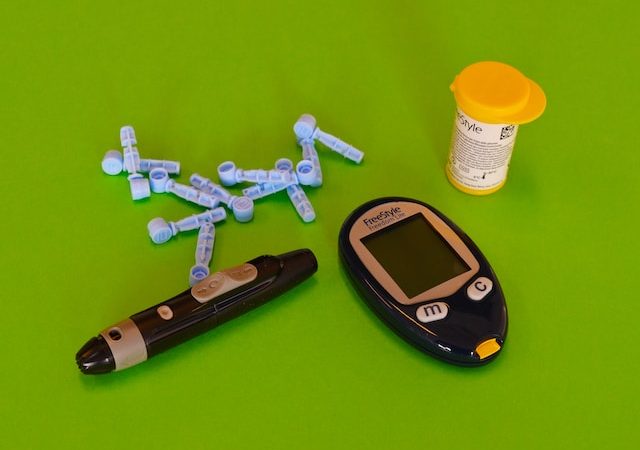Introduction: Diabetes, a chronic condition affecting millions worldwide, is not only a physical health challenge but also one that is marred by stigma and misconceptions. Breaking down the stigma associated with diabetes is crucial to promote understanding, support those living with the condition, and foster a culture of empathy and inclusion. In this article, we
Introduction: Diabetes, a chronic condition affecting millions worldwide, is not only a physical health challenge but also one that is marred by stigma and misconceptions. Breaking down the stigma associated with diabetes is crucial to promote understanding, support those living with the condition, and foster a culture of empathy and inclusion. In this article, we explore ways to raise awareness and dismantle the stigma surrounding diabetes.
Dispelling Myths and Misconceptions: One of the first steps in raising awareness about diabetes is dispelling the myths and misconceptions surrounding the disease. Common misconceptions include the belief that diabetes is solely caused by poor lifestyle choices or that it only affects overweight individuals. Providing accurate information about the different types of diabetes, their causes, and the fact that genetics and other factors play a role can help combat these misunderstandings.
Sharing Personal Stories: Personal stories have a powerful impact in raising awareness and combating stigma. Sharing stories of individuals living with diabetes can humanize the condition and provide insights into the daily challenges they face. Personal narratives can also highlight the importance of support, understanding, and access to healthcare, fostering empathy and solidarity within communities.
Educational Campaigns: Comprehensive educational campaigns play a vital role in raising awareness about diabetes. These campaigns should target various audiences, including schools, workplaces, and community organizations. Providing accurate information about diabetes, its risk factors, prevention, and management can empower individuals to make informed choices about their own health and support those around them.
Media Representation: The media has a significant role to play in shaping public perceptions of diabetes. Journalists and media organizations should strive to portray diabetes in a fair and accurate manner, avoiding stigmatizing language or perpetuating stereotypes. Highlighting stories of resilience, success, and innovation within the diabetes community can contribute to a more balanced and compassionate portrayal of the condition.
Promoting Inclusion and Support: Creating an inclusive environment that supports individuals living with diabetes is crucial in combating stigma. Schools, workplaces, and public spaces should prioritize accommodating the needs of individuals with diabetes, such as providing access to healthy food options, opportunities for physical activity, and appropriate support for diabetes management. By fostering an inclusive and supportive environment, we can empower individuals to thrive while managing their condition.
Engaging Healthcare Providers: Healthcare providers play a pivotal role in raising awareness about diabetes and combating stigma. By providing comprehensive and empathetic care, healthcare professionals can educate their patients, address misconceptions, and offer support. Healthcare providers should prioritize listening to patients’ experiences, ensuring that they feel heard and understood, which can foster a trusting relationship and lead to improved diabetes management outcomes.
Advocacy and Policy Change: Advocacy efforts are instrumental in driving policy change and challenging societal attitudes towards diabetes. Advocacy organizations should work towards policies that promote diabetes prevention, access to affordable healthcare, and support for individuals living with the condition. By raising their voices collectively, advocates can create a shift in public perception and policies surrounding diabetes.
Conclusion: Breaking down the stigma around diabetes is crucial for promoting understanding, support, and empathy towards those affected by the condition. By dispelling myths, sharing personal stories, conducting educational campaigns, promoting media representation, fostering inclusion and support, engaging healthcare providers, and advocating for policy change, we can raise awareness and create a more inclusive society. By working together, we can build a future where individuals with diabetes are met with understanding, acceptance, and the support they need to live full and healthy lives.

















Leave a Comment
Your email address will not be published. Required fields are marked with *